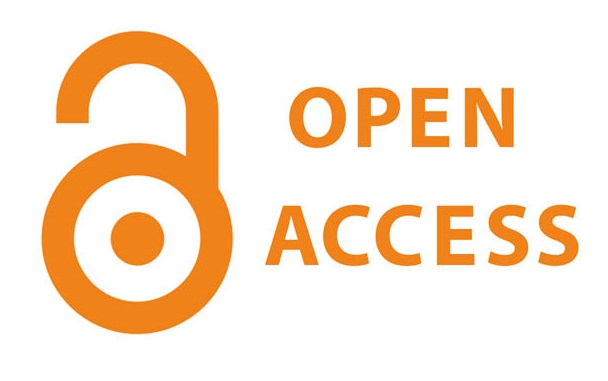Learning from Practitioners Serving LGBTQ+ Forced Migrants and Other Diverse Groups: Implications for Culturally-Informed Affirmative Practice
Objectives
This study explored the perspectives of mental health practitioners serving LGBTQ+ forced migrants, LGBTQ+ individuals, and forced migrants not identifying as LGBTQ+ to understand the clinical frameworks guiding their practice and how they approached clients whose identities were similar to or different than their own.
Methods
Twenty-eight mental health practitioners from three Canadian cities participated in qualitative interviews. The sample comprised practitioners serving LGBTQ+ forced migrants (n=11); forced migrants not identifying as LGBTQ+ (n=9); and non-migrant LGBTQ+ clients (n=8). Thirteen providers identified as white; 3 as Middle-Eastern/North African, 3 as Latinx, 1 as West African, 1 as Indigenous, 1 as West Asian, and 1 as Other. Data were analyzed using constructivist grounded theory.
Results
Practitioners across all three 3 sample groups used similar approaches, whether or not they worked with clients whose sexual orientations, gender identities, racial/ethnic backgrounds, or migration status were different than their own. Practitioners described using an
eclectic approach, incorporating cultural competence, cultural humility, and LGBTQ+- affirmative and anti-oppressive practices in their work. Practitioners also noted that lack of training for ancillary providers could lead to discrimination that negatively impacts clients, making establishing a therapeutic relationship challenging.
Conclusions
Findings suggest that the concepts of cultural humility, cultural competence, and affirmative practice may not be mutually exclusive. The similarities in practice approaches across provider samples point to the salience of integrating these clinical practice concepts and frameworks when working with LGBTQ+ forced migrants, LGBTQ+ individuals with diverse cultural backgrounds, and forced migrants who do not identity as LGBTQ+.
Expertise
Sexual and gender identitiesMembers and SHERPA Teams
Edward Ou Jin Lee
Professor, École de travail social, Université de Montréal and chaireholder of Chaire Jean-Monbourquette sur le soutien social des personnes endeuillées

